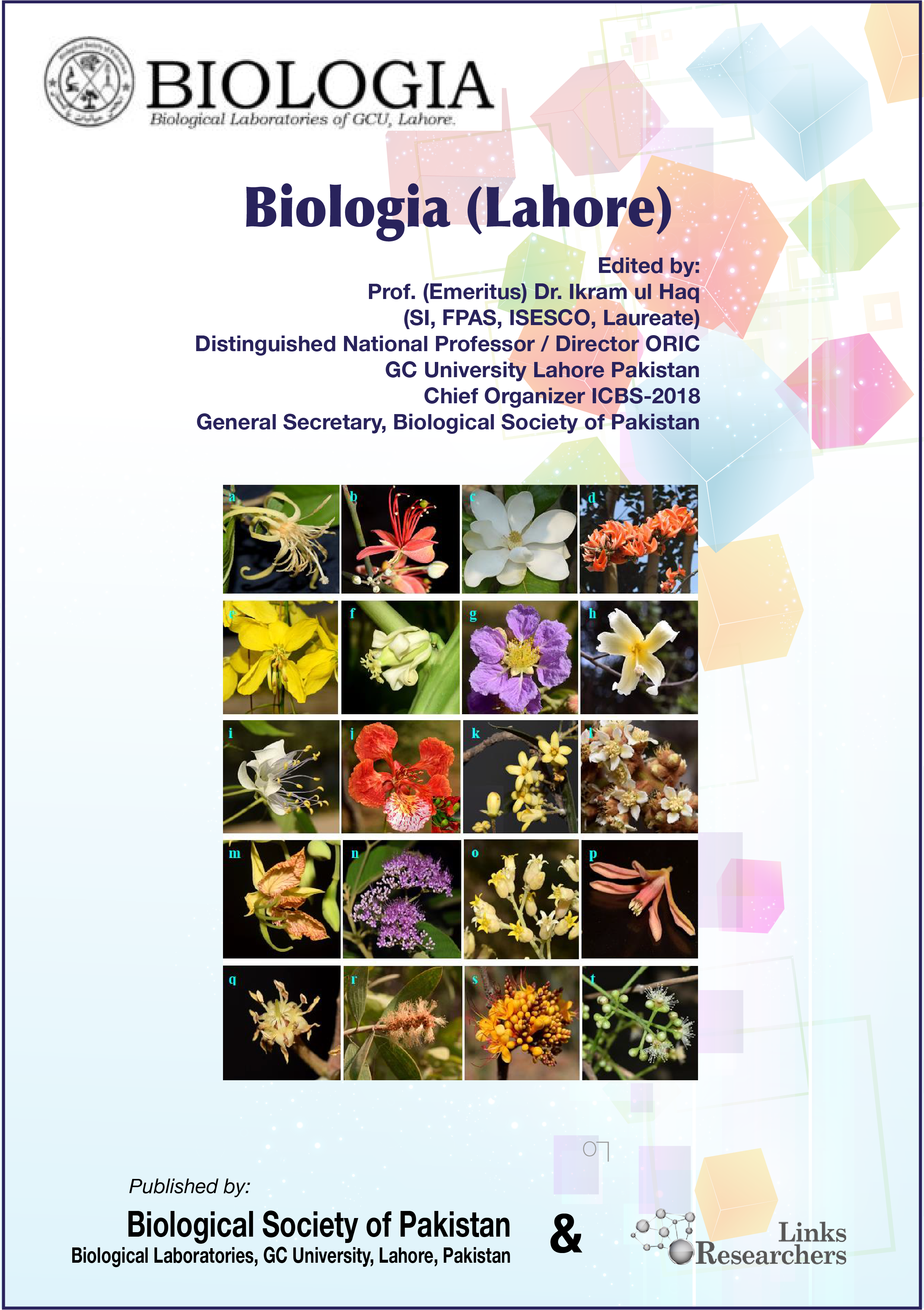Monitoring mangroves plantation sites through integration of repeat terrestrial photographs and spaceborne imagery
Monitoring mangroves plantation sites through integration of repeat terrestrial photographs and spaceborne imagery
UROOJ SAEED1, SAJID RASHID AHMAD2, HAMMAD GILANI3*, RAB NAWAZ4, NAEEM SHAHZAD5, IRFAN ASHRAF6 & WAQAS AHMED QAZI3
ABSTRACT
This study shows the outcome of realistic steps towards the coastal habitat conservation through mangroves plantation in Keti Bunder (Indus delta), Thatta district, Sindh province, Pakistan. From the visual interpretation of repeat terrestrial photographs and Google Earth high-resolution satellite images, healthy growth of mangroves plantation was observed on previously barren mudflats. Even the canopy of sparse mangroves trees became enriched in various areas. In a small area of 372 km2 around the plantation sites, the study quantified 0.44 km2/year gross rate of afforestation using Normalized Difference Vegetation Index (NDVI) values derived from 30 m spatial resolution Landsat satellite images (April 2010 and May 2015). Through coastal conservation practices, plantation campaigns provide livelihood support to local communities; and hence the communities with NGOs and Government departments provided local support in plantation and protection of mangroves saplings. On the brighter side, in recent years Pakistan has taken enormous steps towards tree plantation under national (Green Pakistan Programme) and provincial (Billion Tree Tsunami in Khyber Pakhtunkhwa) initiatives. Through this study, we have proposed a cost-effective and convenient tree plantation-monitoring mechanism, which can be replicated over any plantation sites at diverse landscapes.
To share on other social networks, click on any share button. What are these?







